The Independent's journalism is supported by our readers. When you purchase through links on our site, we may earn commission.
The Ethical Traveller: 10 ways to roam the world without ruining it
Want to explore more responsibly? Imogen Lepere shares 10 tips for travelling well while respecting the planet

Yes: travel and flying in particular does cause carbon emissions. However, tourism also creates one out of every 10 jobs globally. Many of these are in remote corners where communities play a crucial role in protecting delicate ecosystems and ways of life. Others allow those on the margins to gain independence in societies where that is far from a given.
Travel can be one of many pathways to making our planet a safer, fairer and kinder place – somewhere people and nature thrive in harmony. Here’s how to see the world while helping to save it, one trip at a time...
The below tips are taken fromThe Ethical Traveller: 100 ways to roam the world (without ruining it!) by Imogen Lepere, illustrated by Julia Murray (Smith Street Books, £12.99) Out now
Consider where you are most needed
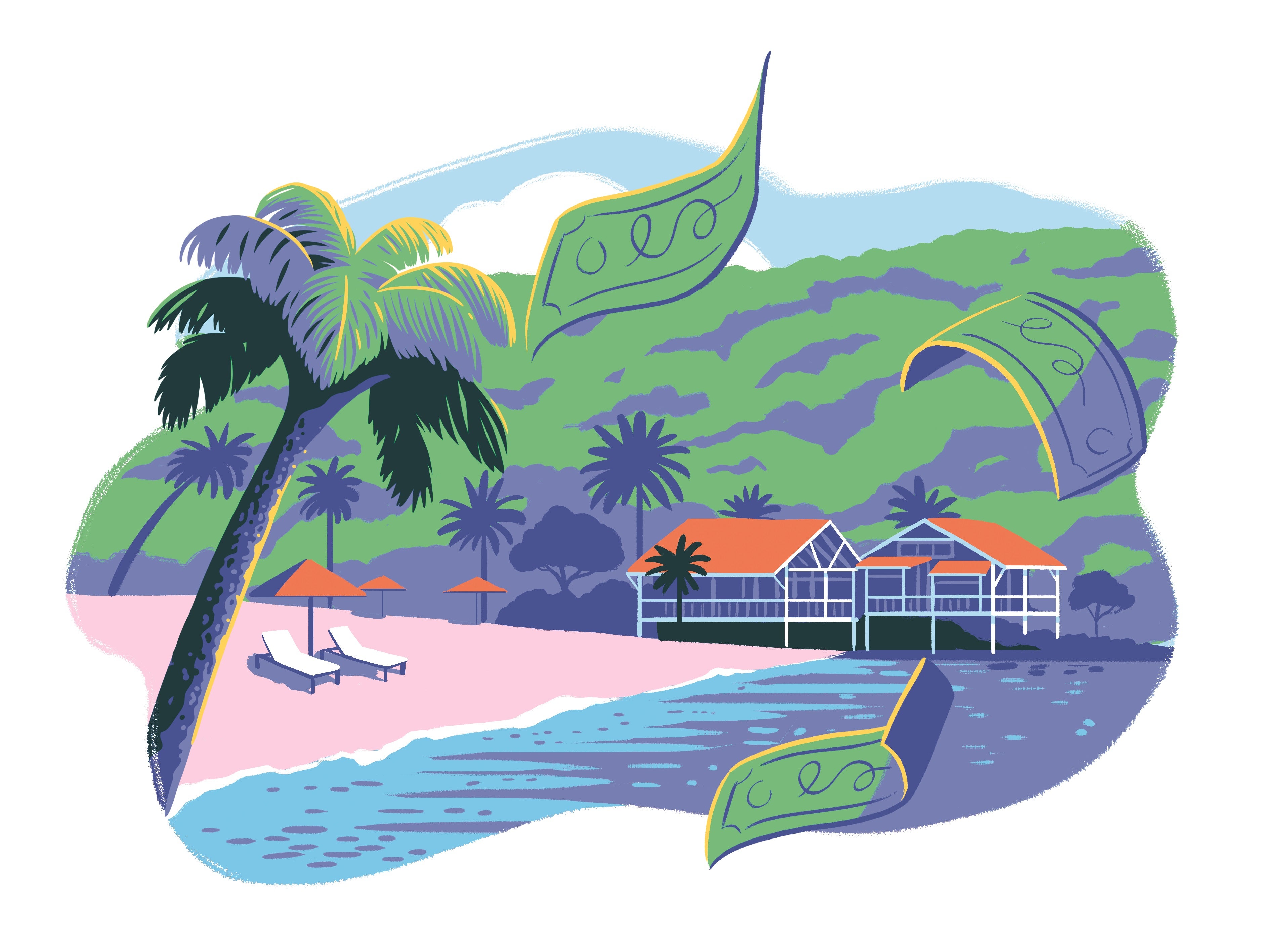
Approach your holiday planning strategically so you can pick somewhere that really needs your support. Disaster Tourism may sound gross but the aftermath of a natural disaster or terrorist attack is when your dollars are needed the most. It’s also important to engage with destinations that are dealing with negative publicity and tell your friends the real story – if it is safe to do so, of course. Other destinations where your money means more are those that are highly dependent on tourism. Take the tiny Caribbean Islands of Antigua and Barbuda, where visiting beach-lovers bolster 90 per cent of the local economy.
Give high season the cold shoulder
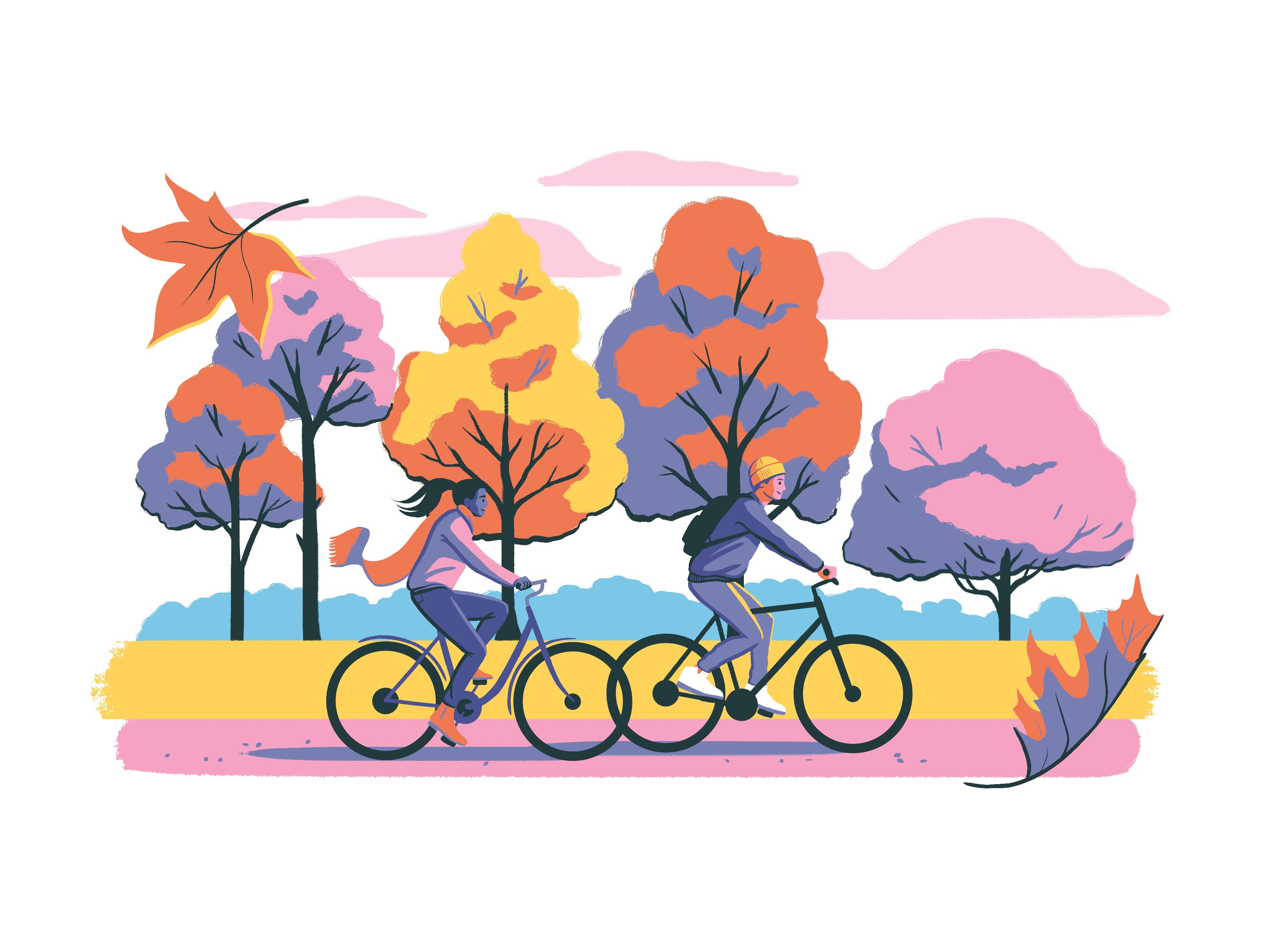
Lower prices, fewer crowds and a warmer welcome are just a few reasons to travel during the off-season. In spots that struggle with overtourism – the point at which the needs of the tourism industry become unsustainable for a destination – resources such as water and transport may become harder for locals to access. Low season can be wonderfully atmospheric (picture Venice’s deserted backstreets in January mist), while ‘shoulder season’ – those months between high and low – may actually provide preferable weather. Hiking Crete’s Kydoni Gorge, for example, is far more enjoyable in May, when the floor is carpeted with wild herbs and temperatures are a comfortable 21 degrees Celsius (70 degrees Fahrenheit).
Be aware of greenwashing

Many more people care about creating a sustainable future and understand that every dollar or euro they spend could be seen as a vote for the kind of world they want to live in. Unfortunately, those canny folks in the marketing department have also spotted this, which is why communications in the tourism industry are filled with ‘greenwashing’. Look out for vague claims without stats to back them up, no sign of locals on an operators’ social media channels, no mention of independent businesses, and claims that they align with specific Sustainable Development Goals (SDGs) just by the nature of what they do. If you suspect, snitch! Press the company for more details and if none are provided, report them to that country’s tourism board.
Pack with a purpose

It’s tempting to fill every cranny of your bag with those holiday clothes you never actually wear but leaving a little room for school supplies will ultimately make you feel even more fabulous. Pack for a Purpose is a not-for-profit that connects travellers with schools and community projects in their travel destination so they can bring the supplies that are actually needed. Worried about squishing it all in? Start by removing packaging and use the KonMari method to fold your clothes.
Be a people person

Sorry personal-space fans, but if you must fly, please make sure it’s in economy. Studies show emissions per passenger in first class can be nine times as much as the good people at the back, with business passengers coming in at three times the emissions of those in economy. This is simply because more people + a smaller space = greater fuel efficiency.
Stay on the rails
Electric trains, like those that whisk people around Sydney and Moscow, typically generate up to 35 per cent less carbon per kilometre than their diesel equivalents
There’s no doubt a train is always more carbon-efficient than a flight but not all trains are created equal. Electric trains, like those that whisk people around Sydney and Moscow, typically generate up to 35 per cent less carbon per kilometre than their diesel equivalents. In the Netherlands, passenger trains run on wind power and Chile’s Santiago Metro relies mostly on its own solar plant. In Europe, Germany is leading the way when it comes to renewable rail travel. The world’s first hydrogen-powered passenger trains are currently speeding silently between Buxtehude and the beach town of Cuxhaven several times a day.
Support hotels that have gone green
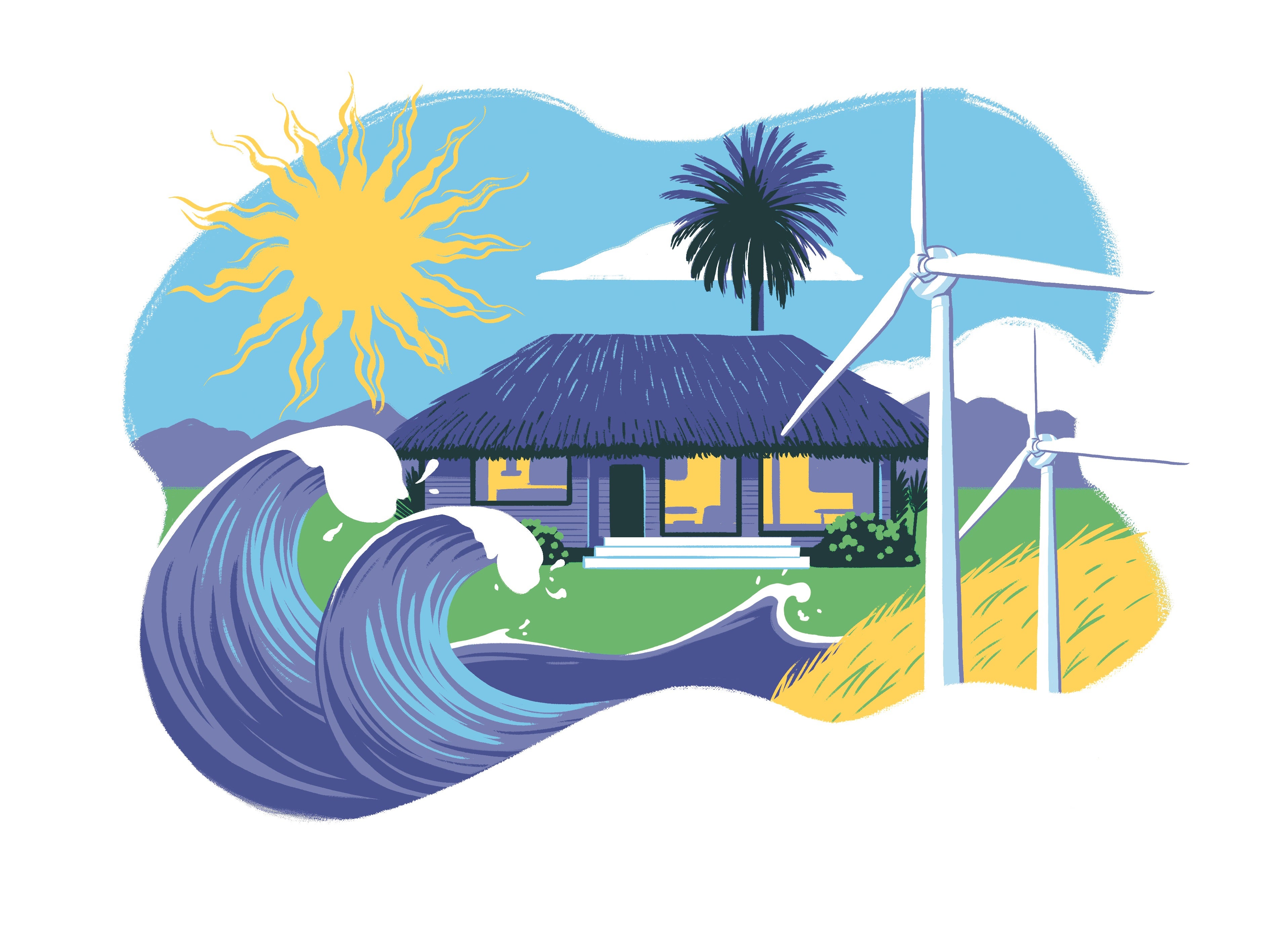
If a hotel is talking the green talk, it should be walking the renewable energy walk – that means a large proportion of its energy being generated by renewable sources such as solar, wind or hydropower. Many hotels are climate positive these days, meaning they create more energy than they use. Coco Hotel, a boutique bolthole in Copenhagen, has its own solar farm, while in French Polynesia, The Brando has a pioneering air-conditioning system that harnesses the coolness of sea water to reduce energy demands by more than 40 per cent. Now that is truly cool.
Ethical Airbnb alternatives
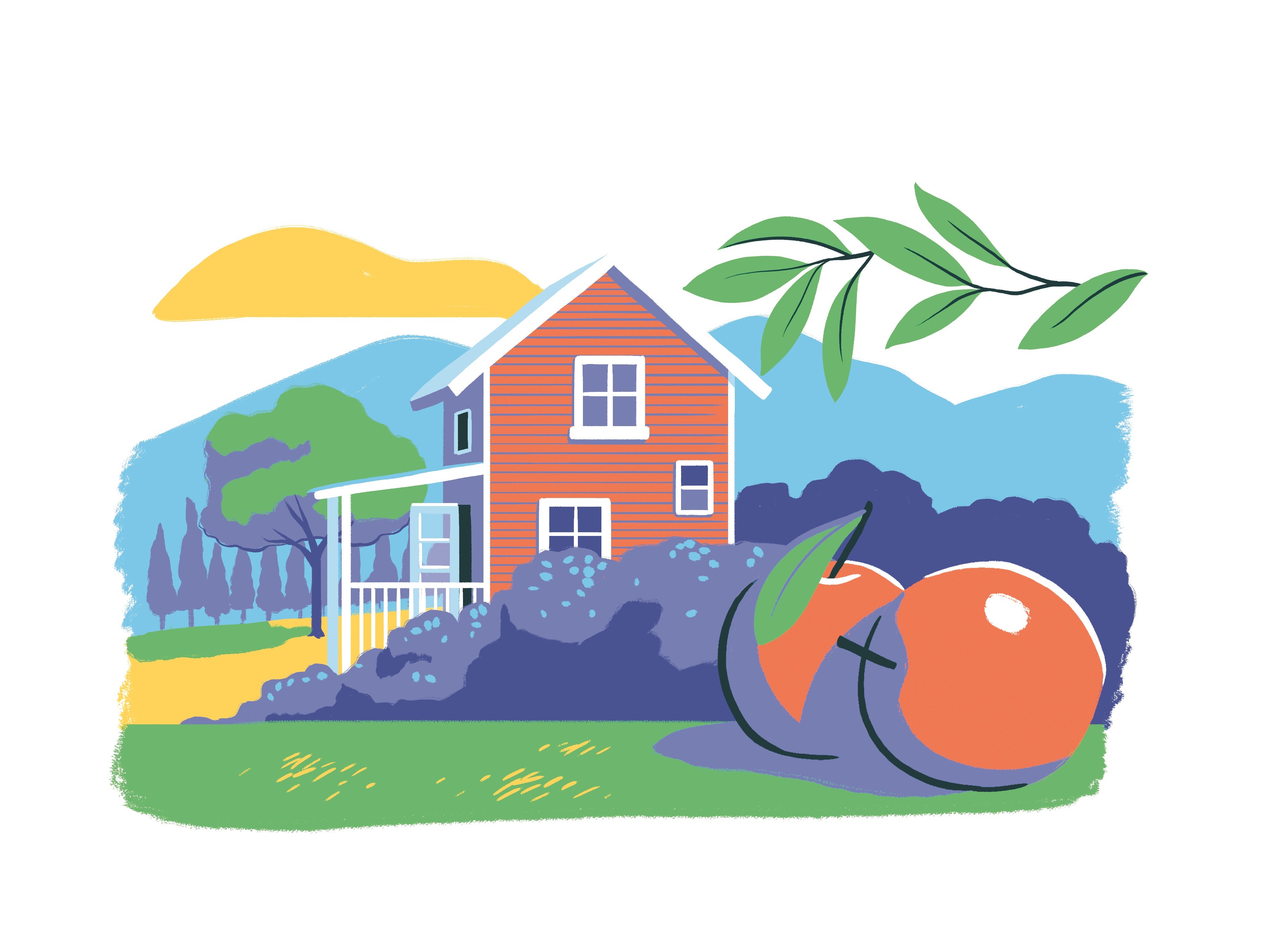
‘Sure, hotels and guesthouses are great, but I want to experience a destination like a local,’ we hear you cry. Fear not. In places that don’t struggle with too much tourism, or if you’re renting a spare room rather than a whole apartment, Airbnb isn’t a problem. However, there are plenty of other peer-to-peer platforms to consider. Here are a couple of our favourites:
Fairbnb was partly developed by a panel of European citizens concerned about the negative impacts of Airbnb. Hosts must be local and can only list one property each, while 50 per cent of the platform’s fees go towards community projects.
Ecobnboffers accommodation that fulfils 10 criteria including car-free access, 100 per cent renewable energy, organic food, and recycling more than 80 per cent of their waste. Current listings include a farmhouse overlooking a deserted beach in Corinthia, Greece and a Tuscan villa nestled among organic vines.
Ask a local to show you around
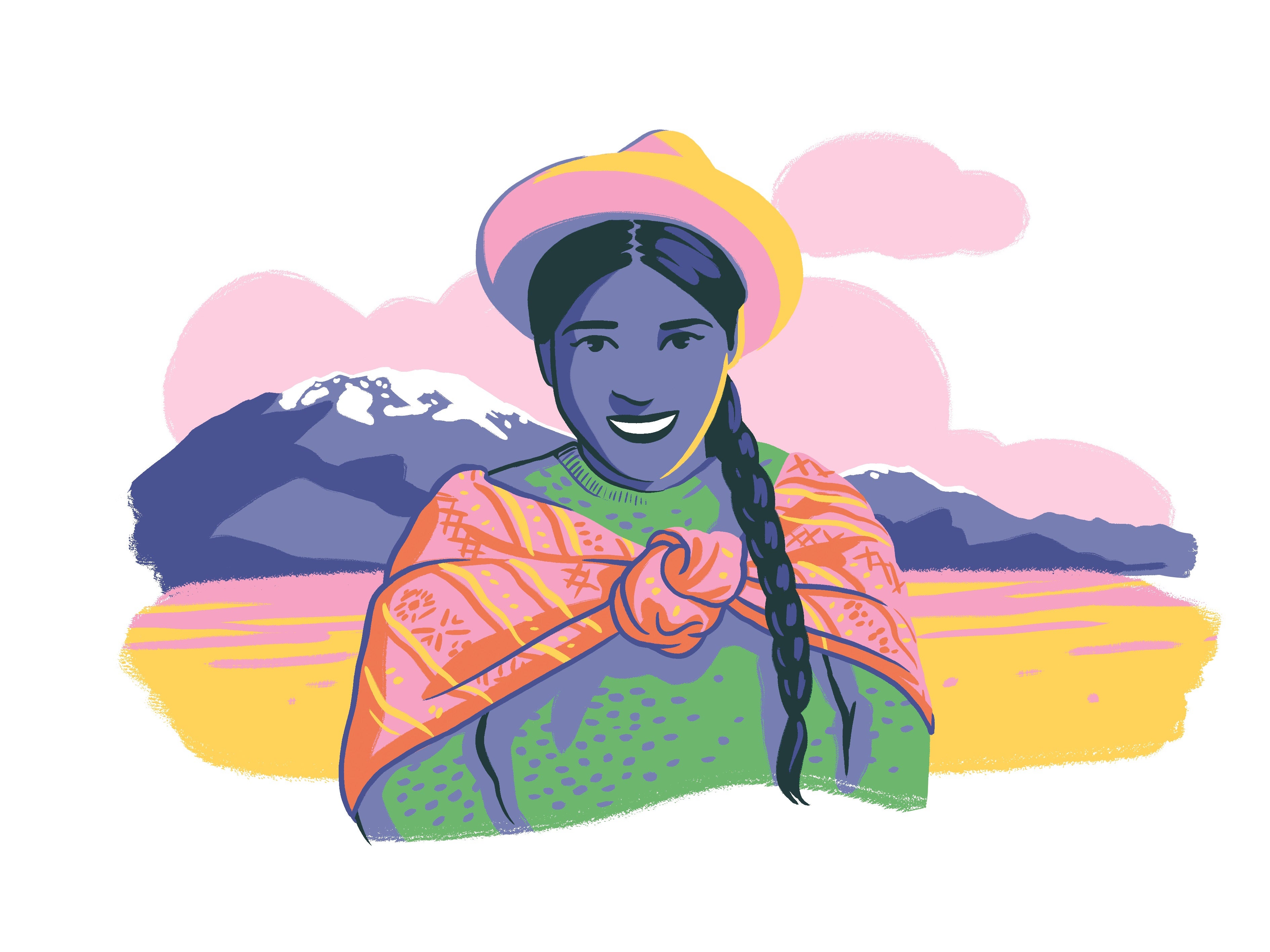
The statue where village children go to make wishes; the hole-in-the-wall bakery that sells the wobbliest pastéis de nata (Portuguese custard tarts); the valley that floods in certain weather conditions – aside from being able to go below the surface of a destination, local guides are normally better equipped to handle unexpected bumps in the road. Support them wherever possible and if booking through an international operator, always ask about their recruitment policies. Shiroube covers more than 3,000 cities and has functions allowing you to search by language as well as interest, while I Like Local is a sustainable travel marketplace that lets you book positive experiences in Africa and Asia.
Respect wildlife
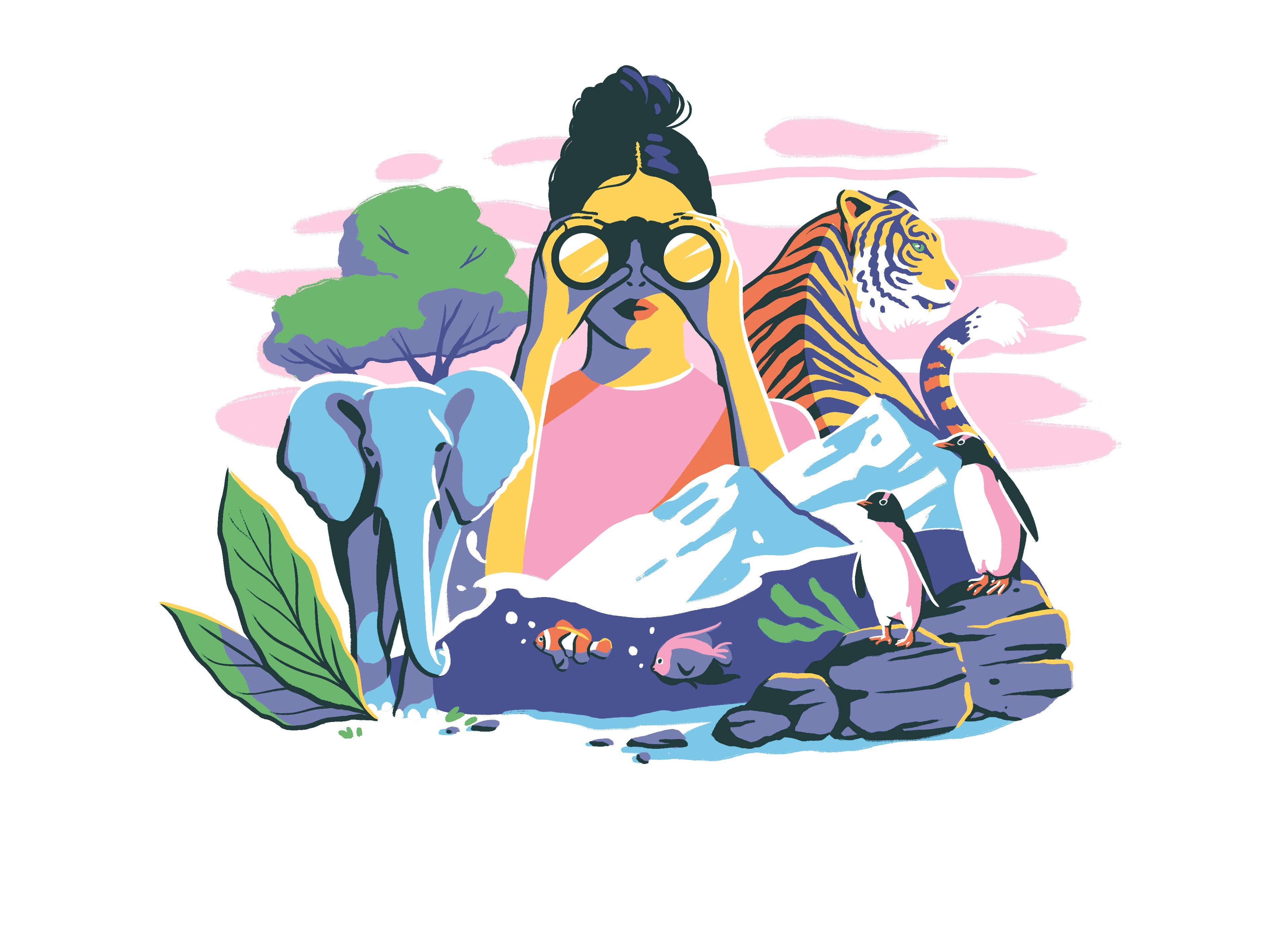
Yes, some zoos and aquariums are doing important research, but animals were born to be wild (so the song goes). You should be highly suspicious of any operators offering the chance to get too close to wildlife, let alone touch it. We’ve all seen photos of folks in Thailand posing beside tigers who’ve consumed more drugs than the crowd at Glastonbury. Or riding elephants in India. We get it, a social media–worthy shot has a strong pull, but elephants’ spines can’t support humans and riding them results in serious injuries. Don’t contribute to the suffering of the very creatures you’ve come to see. Instead, seek out non-profits that promote conservation and education.
Join our commenting forum
Join thought-provoking conversations, follow other Independent readers and see their replies
Comments
Bookmark popover
Removed from bookmarks